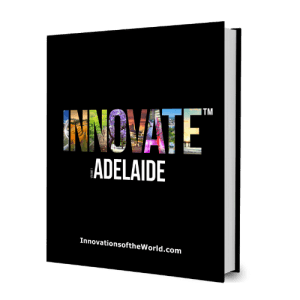“We have little evidence that we are achieving success in one of the core challenges in Australia and internationally – breaking intergenerational cycles of disadvantage in all its forms.” (BetterStart, 2023)
The quote above is from a submission by Dr Rhiannon Pilkington and Professor John Lynch to our Royal Commission into Early Childhood Education and Care. Rhiannon and John are two brilliant South Australians who run the BetterStart research group which aims to understand how to give infants and children the best start in life.
Since 2009, BetterStart has developed the SA Early Childhood Data Project and the BEBOLD platform (Better Evidence Better Outcomes Linked Data). These hold data on around half a million South Australians born from 1991 onwards and track children’s health and welfare from before birth into early adulthood.
The Department of Human Services has used BetterStart’s work to augment SA Government data and develop the Child and Family Support System (CFSS). This program uses evidence to target early intervention and has three tiers:
- Disrupting intergenerational disadvantage with a focus on families whose children are at imminent risk of removal by child protection services.
- Intensive support that helps families by coordinating with other services to address key risk factors like family violence, mental health, and alcohol/drugs.
- Funding new evidence-informed services for families with emerging safety risks or who can benefit from step-down support after receiving intensive assistance
The decades’ worth of BetterStart data means CFSS targets groups where we know we can achieve the greatest impact. These groups include infants at risk, young parents, adolescents with complex trauma and Aboriginal families with multiple and complex needs.
For example, we know that more than 1,000 reports are received each year with concerns about unborn children. Of this group, around a third of the families are likely to have a child removed in the next four years. Insights like this help us to see the problem coming, focus scarce resources to prevent escalation of issues and start to break the cycle.
Prioritising and helping these groups, particularly at the early stages of parenthood, can disrupt intergenerational vulnerability and build trust in support systems before police, health, child protection or other services need be involved.
With growing demands across all of our social and human services, I’ll end with another quote from the BetterStart Royal Commission submission – “Prevention is the only viable solution”.
Source of quotes:
Witness Statement Royal Commission into Early Childhood Education and Care Dr Rhiannon Pilkington & Professor John Lynch for the BetterStart Health and Development Research Group School of Public Health, Faculty of Health and Medical Sciences, University of Adelaide. January 2023.
— Pilkington-Lynch-submission.pdf (royalcommissionecec.sa.gov.au)














